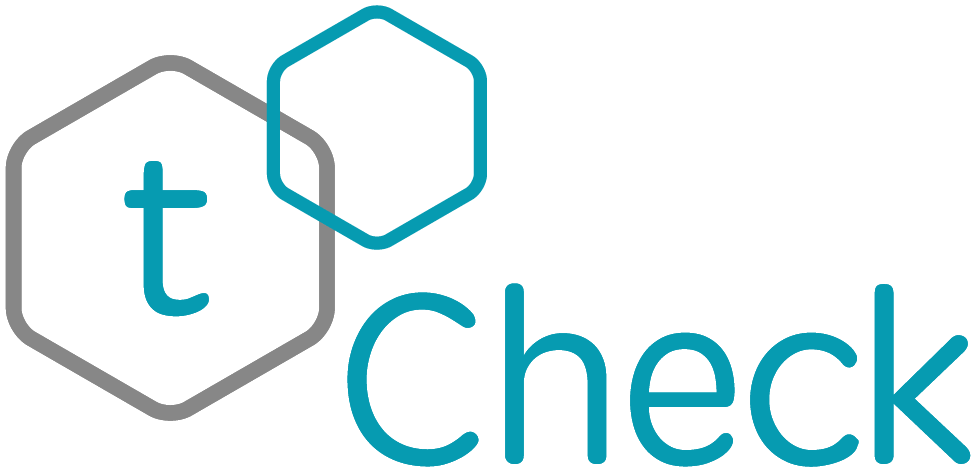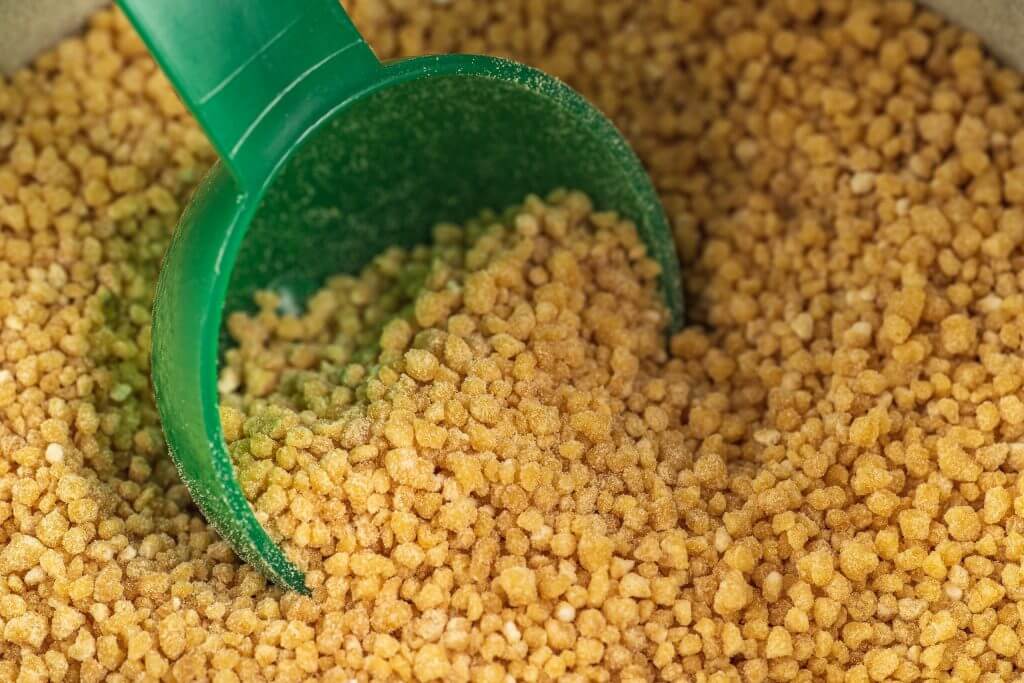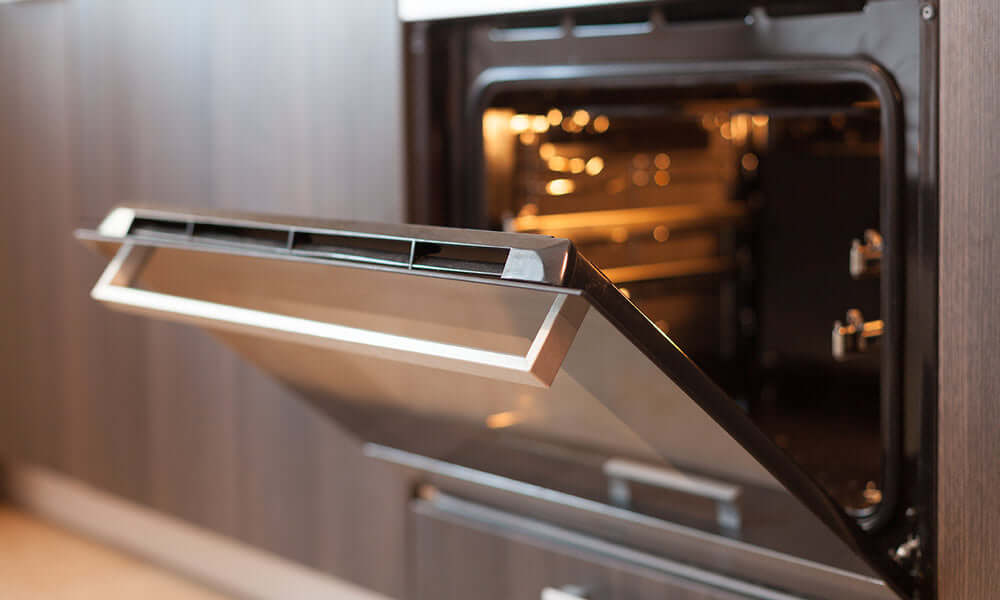
Manufacturers have put CBD in a lot of odd edibles recently, but coffee is undoubtedly the most "stimulating." Interestingly, one of the reasons so many people are adding CBD to their coffee is to temper caffeine's energizing effects. While java consumers still want a "jolt," they could do without the jittery side effects. According to anecdotal reports, the right amount of CBD could prevent caffeine-related anxiousness.
While there's still a "piping hot" debate over CBD's effects on caffeine, CBD coffee remains one of today's most in-demand edibles. Anyone who's extra prone to caffeine-related fidgets may want to give this hemp-infused beverage a try.
Do CBD And Caffeine Mix? — Exploring The CBD Coffee Fad
Why Are People Going Ga-Ga For CBD Java?
When you ask most customers why they're interested in CBD coffee, you tend to get the same response: "I want the benefits of caffeine without the jittery side effects." Since CBD has natural anti-anxiety properties, many people assume it could curtail the harsher aspects of caffeine.
To be honest, there's still no scientific evidence that CBD dampens caffeine's effects on the central nervous system. However, a few studies suggest CBD may interact with caffeine in fascinating ways.
Arguably, the most exciting research in this area has to do with a chemical called adenosine. Generally, adenosine signaling increases later in the day when we're feeling sluggish and sleepy. Recently, scientists have shown that caffeine blocks adenosine production, which explains why we feel "wired" after a cup of coffee.
Some researchers also believe CBD interacts with the brain's adenosine receptors in unique ways. For instance, UK doctors suggest CBD may modulate the body's anti-inflammatory response by influencing adenosine production.
On top of this adenosine research, multiple placebo-controlled studies found that CBD could be used to manage symptoms of social anxiety disorder. This may have to do with CBD's effect on serotonin and anandamide, both of which are associated with feelings of contentment.
These findings may explain why so many people claim CBD takes the "edge" out of their espresso. However, new customers should remember that all of CBD coffee's recent accolades are anecdotal. Hopefully, as more universities look into this topic, we'll have a clearer understanding of the science behind CBD and caffeine.
Is There An Ideal CBD-to-Caffeine Ratio?
Since CBD coffee is so new, nobody's sure how much CBD oil to add to their daily cuppa. Heck, it's still tricky to figure out how much pure CBD oil a person should take! When you add in an extra compound like caffeine, it adds yet another layer of complexity.
The best way to figure out your ideal CBD levels is to keep a thorough dosage journal. Be sure to note your current CBD milligram count and any noticeable effects at the end of the day.
While journaling can get tedious at times, it's the most precise way to track your perfect CBD percentages. Plus, once you know your ideal CBD level, you'll have a great starting point for experimenting with CBD coffee.
Just be forewarned: A few doctors claim you need more CBD in coffee to have a noticeable effect. In fact, some people claim adding too little CBD could intensify caffeine's anxious side effects. It seems the slight sedative quality found in high doses of CBD balances out caffeine's natural kick.
Is There A "Perfect Way" To Brew A Pot Of CBD Coffee?
At this point, it's hard to say whether there's any "special technique" for mixing CBD into your coffee. However, most people caution against pouring CBD oils or tinctures directly into your cup of Joe. In fact, some research suggests heat may diminish CBD's potency, thus weakening its effect on caffeine.
Another issue with putting CBD oil directly into coffee has to do with its solubility. As you may already know, cannabinoids are fat-soluble compounds. This is why CBD tinctures always need a carrier oil like MCT. So, unless you're using a high-fat product like Bulletproof Coffee, the CBD molecules in your tincture won't get incorporated into your java.
One way you could get around this issue is to buy coffee that's already infused with CBD. While this is the most convenient option, it's also the most challenging to dose accurately. Also, since CBD coffee is a niche category, it may be pricey to order these pre-packaged CBD beans.
Arguably, the two best ways to add CBD to your coffee routine is to take CBD capsules or vape carts after finishing your drink. If you're going the capsule route, it's recommended you take them with a high-fat breakfast. Recent data out of Minnesota suggests people who take CBD with a fatty meal enjoy a greater absorption rate.
Want To Give CBD Coffee A Try? Be Sure To Get Your Dosage Right!

Despite the lack of scientific evidence, there are plenty of people who swear by CBD coffee. If you're going to give this "hot" trend a test, then you've got to get your dosages down-pat. The only way to get precise CBD percentages at home is to use a high-quality potency tester.
Currently, tCheck offers just such a cannabinoid tester that's perfect for at-home use. It's important to note that tCheck can only test the CBD in raw flower and not oils flowers or concentrates (like it can with THC), but tCheck's engineers are always working to expand the testing capabilities on the potency scanning device - so stay tuned! Our easy-to-use devices will give you accurate results in just a few minutes.
Be sure to stop by tCheck's online store to find out more about our award-winning potency testers.
